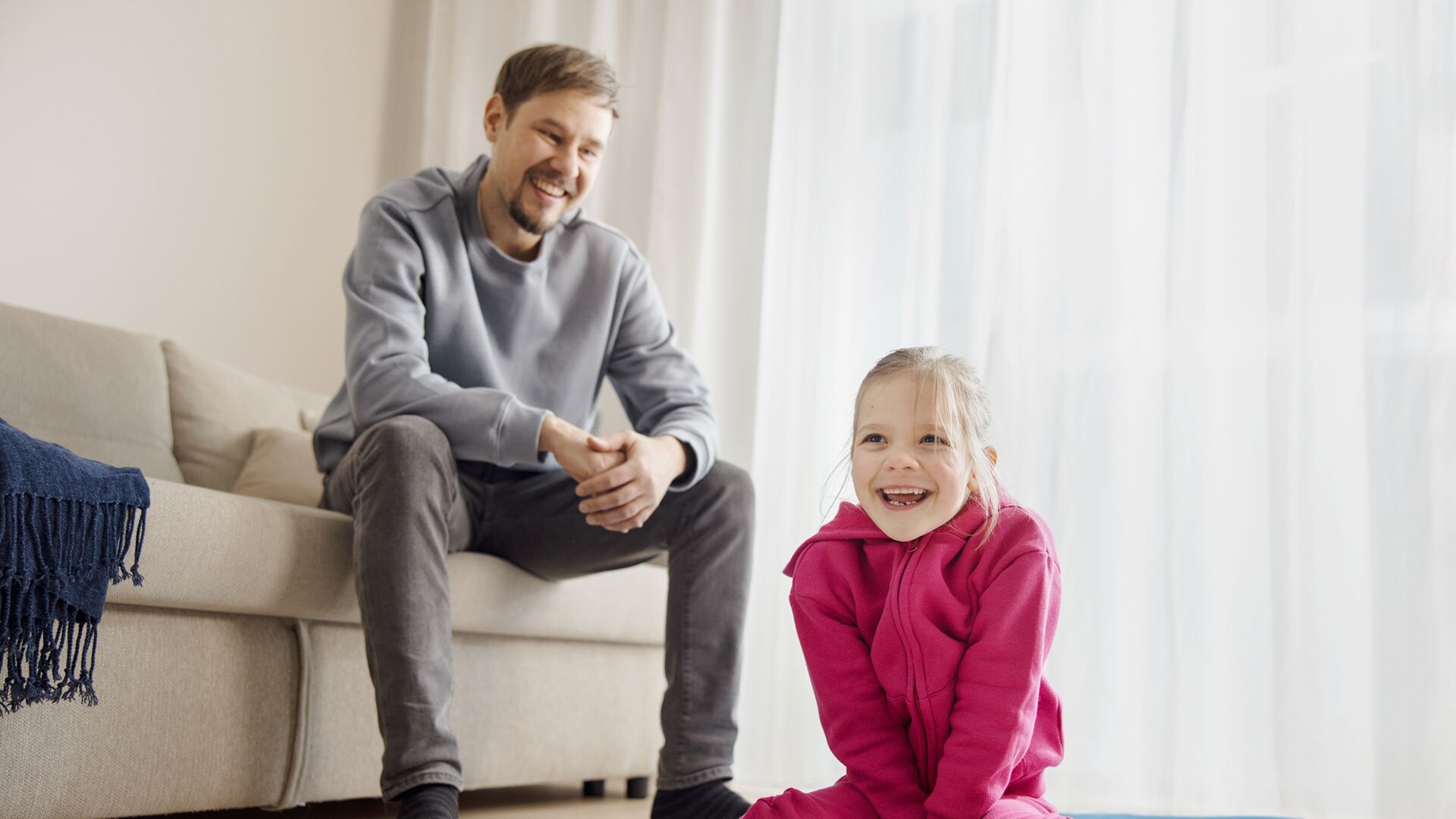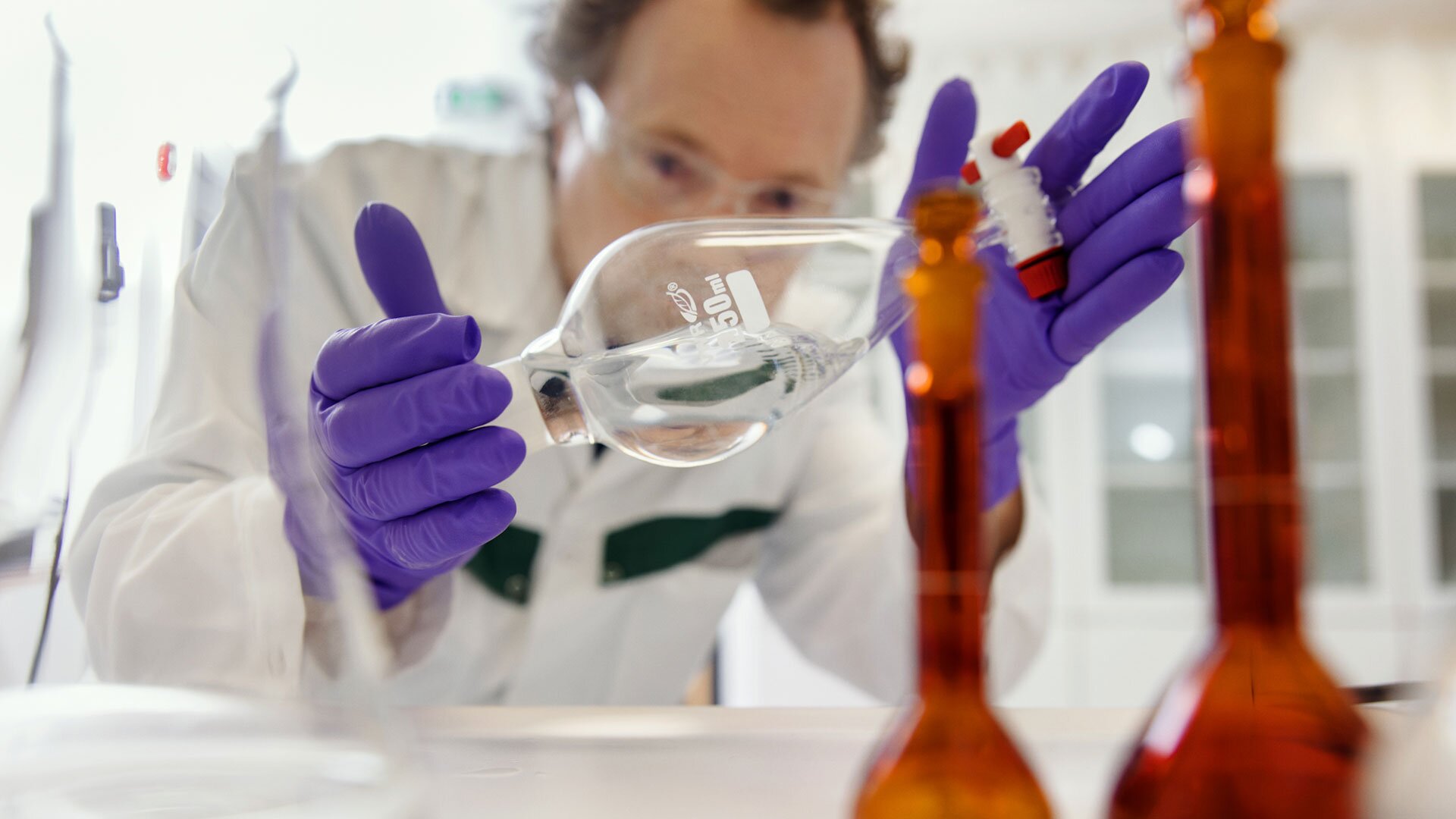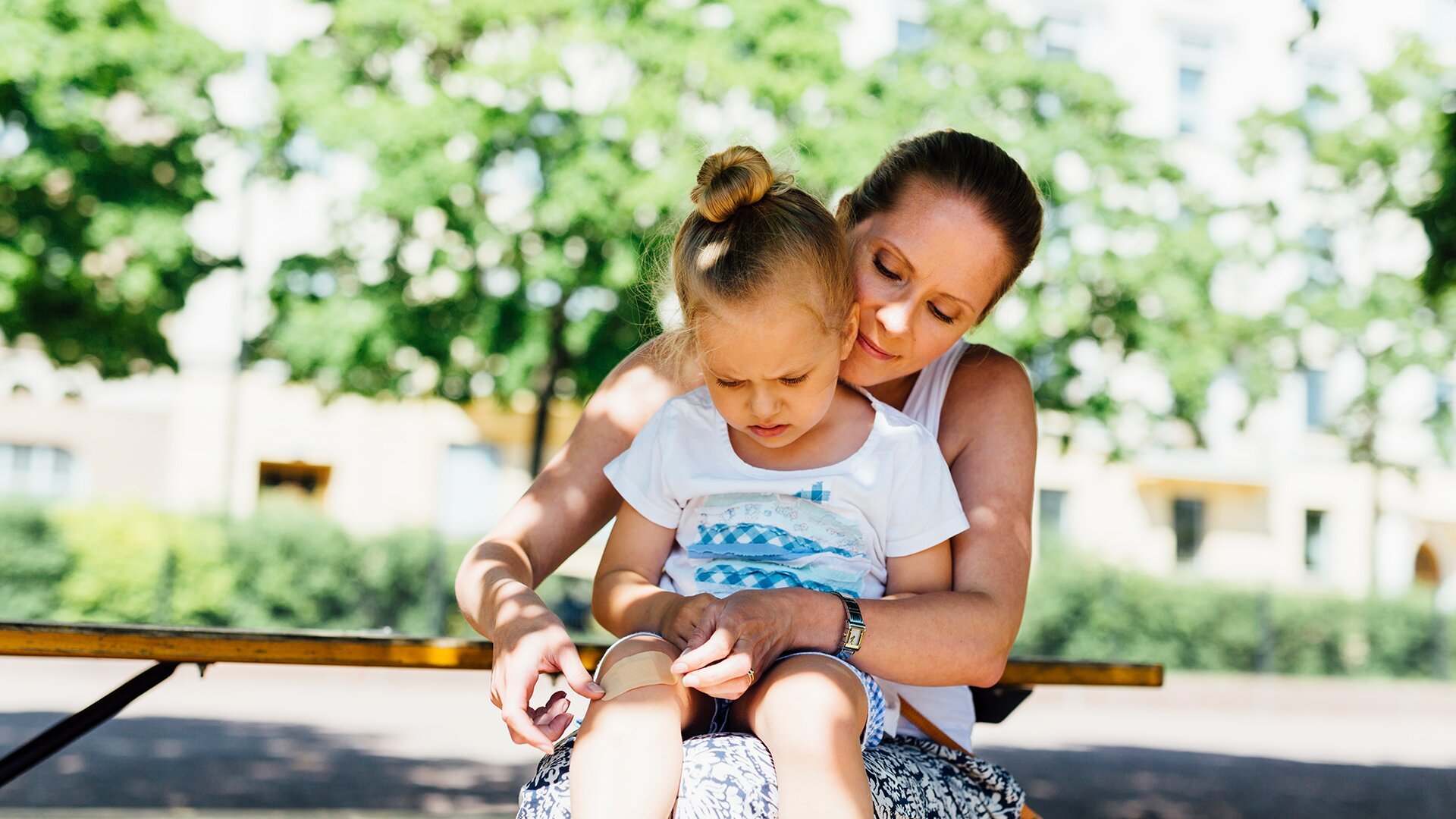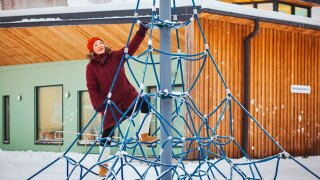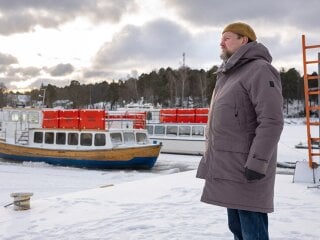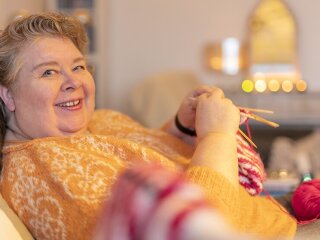Riitta Hartonen from Helsinki was on her way to see an exhibition and bought a Museum Card.
“I found myself thinking that the card was valid for a year and I might not be alive a year later.”
At the time, in 2012, Riitta had recently been diagnosed with incurable metastatic breast cancer. Since then, she has renewed her Museum Card ten times.
As Riitta’s grandmother had died of breast cancer, her doctor suggested that Riitta should have a mammogram before the mass screenings started at the age of 50. Her breasts were X-rayed at ages 40, 42 and 46. The last mammogram revealed ductal breast cancer. There was no lump in the chest.
“I went through all the textbook stages of shock. The diagnosis brought me to a full stop.”
The disease progression can be slowed down
The treatment progressed quickly. First Hartonen saw a surgeon, and then her right breast was removed completely. Then she visited a cancer clinic.
“I was working as an early childhood special education teacher, and I was at the clinic with my calendar in my hand to see what would be a good time for the next appointment. I was told that there was a shadow in my liver. The metastasis was in the worst possible place.”
Metastatic breast cancer is classified as an incurable disease. Although it cannot be cured, it can be treated, and its progression can be slowed.
“When I heard the final diagnosis, I felt like I was free-floating, looking at myself from above. The situation felt terribly heavy. The mastectomy happened in October, and the treatments started in November. During the first dark winter, I thought this is not going to work.”
Praise for the treatment – and it pays to be active
It worked, after all! At the age of 57, Riitta has lived with her condition for more than ten years. She says she is at peace with the illness.
She is administered cytotoxic drugs in three-week cycles. The week after the infusion is the worst because of fatigue, among other impacts. Riitta, who enjoyed her work as a teacher, managed to schedule the treatment for Friday afternoons. This gave her a few days to recover before the following working week.
“The cytotoxic drugs have worked, although at first I felt that in addition to losing my hair, I was losing my mind. Cancer is like a castration: the breast, hair, uterus and ovaries are removed. Femininity suffers. This is something that is not talked about, but should be.”
There have been other drug treatments, and a new combination of drugs was tested in 2021. In the early stages, Riitta saw a psychologist – once. According to the psychologist, Riitta can analyse and process her situation well.
Riitta’s wishes that she could keep seeing the same doctors has been fulfilled. She has two doctors, whom she sees on a rotating basis. She has check-ups with X-rays every three months.
“My treatmenthas been excellent: since I was admitted to the treatment system of the HUS hospital district, I have never been left alone. Still, it pays to be active and interested in your own case.”
Peer support group to share experiences
Riitta says she is an introvert. That’s why she wasn't going to join a peer support group.
“I thought I would just die in peace and not share anything with others.”
A few years ago, however, Riitta went on a cruise to Porvoo with peers. The meeting was helpful, so she joined the MBC group for people with metastatic breast cancer. The group of 10 to 15 people meets once a month.
I went there to listen, but we ended up talking about everything.
“I went there to listen, but we ended up talking about everything. Everyone talks about their current situation, their encounters with doctors and their treatment and any new drugs and forms of treatment. We’ve also had experts talk about topics such as sexuality and nutrition.”
Peer support provides comfort and useful information
Riitta also heard a tip in her peer support group: one of the group members said she had received targeted radiotherapy for a liver metastasis. Riitta discussed this treatment at HUS, where it was seen as feasible.
“I underwent the procedure twice, and the response was good. The metastasis has scarred, and its core has been destroyed.”
Riitta recommends peer support to others.
“Everyone deals with their feelings and illness according to their own nature, whatever is best for them. In a peer group, you have people to talk to, and you can also do what I do: look for information on your own from reliable sources. If you’ve just been diagnosed, peer support helps you to not think only of death. You could also die of something other than cancer.”
Riitta’s message to her peers is clear: you can live a good life despite your illness.
The people close to the cancer patient are always there
Riitta admits that it was also difficult to deal with her family's grief and anxiety. She didn’t immediately tell her three children the whole truth.
“Now everyone knows that I sometimes have chemotherapy. It causes white blood cells to drop, and I can’t really meet people. I’ve had full support from close family all the time; my family knows and understands. At the beginning, my spouse accompanied me to my doctor’s appointments, but I noticed that it was easier for me to concentrate when I didn’t need to focus on anyone else and their feelings.”
At work, Riitta told only her supervisor and a close colleague about her illness. Now she is on disability pension, not only because of her cancer but also because of Covid-19. On her doctor’s recommendation, she quit work to avoid the risk of an infection.
“I feel lucky to have a body that has endured more than a decade of tough treatments. The media often talks about the fight against cancer, which I find offensive. It sounds like some people are dying of cancer because of laziness. Energy spent fighting is wasted on an incurable disease. It’s more about living in the moment and being happy with what’s good in life.”
Time passes quickly with grandchildren
Riitta’s adult children live in Helsinki, so grandma sees her seven grandchildren often. They go to the swimming pool in winter, and to the beach and playgrounds in summer. They also enjoy spending time outdoors and riding the metro. At the grandparents’ house, there are toy boxes in the living room. The grandchildren also play and do arts and crafts on their own.
Because one of Riitta’s daughter-in-laws is Estonian, Riitta has studied the Estonian language.
“We have been travelling in our neighbouring country to the south. The locals like it when you at least try to speak their language.”
Riitta’s granddaughter, who is of preschool age, loves to visit exhibitions and museums with her. She even has the patience to queue up for favourite exhibitions, and the experience is rewarding for both of them.
I’ve always liked art. It brings new ideas into my head. There’s no point in lying still.
“I’ve always liked art. It brings new ideas into my head. There’s no point in lying still. I live a good, ordinary life and look forward to the future with confidence.”
Riitta Hartonen’s thoughts
- After ten years, you can be at peace with the disease.
- It’s good if doctors aren’t replaced all the time.
- It pays to be active and interested in your own case.
- It’s insulting to talk about “fighting” cancer.
- There’s no point in lying still.

